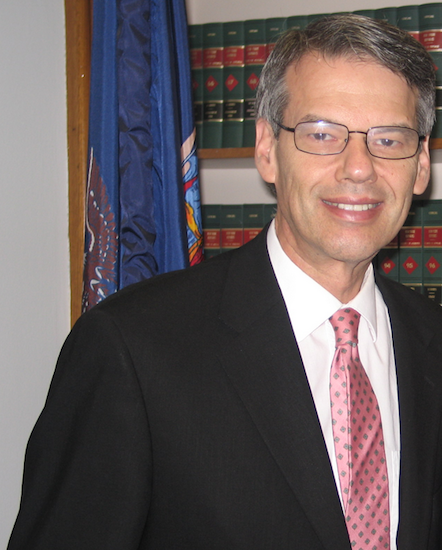Brooklyn becomes first borough to require mediation in civil cases

Brooklyn Supreme Court ushered in a new project Thursday requiring all civil cases to pass through a mediation process before proceeding to trial. The first of its kind, the mandatory mediation project hopes to alleviate some the costs and other strains that civil litigation places on Brooklyn’s court system.
“Brooklyn has over 54,000 cases pending which is more than any other county in New York” Hon. Lawrence Knipel, Brooklyn Supreme Court administrative judge for civil matters, told the Brooklyn Daily Eagle. “Mandatory mediation will hopefully reduce to time and financial costs of a trial not only for the county but for the attorneys and parties involved.”
Typically, once all parties have requested and received evidence from either side, deposed witnesses and conducted necessary investigations, a note of issue is distributed, and the case is calendared for trial. Mandatory meditation, however, will apply after the discovery phase and prior to the calendaring of a trial date. The rationale, Knipel explained, is that once discovery is complete, the parties will have an opportunity to mediate the issues of the case in the hopes of reaching a settlement.
